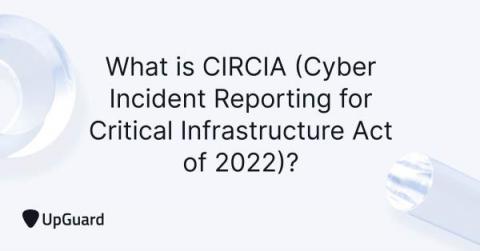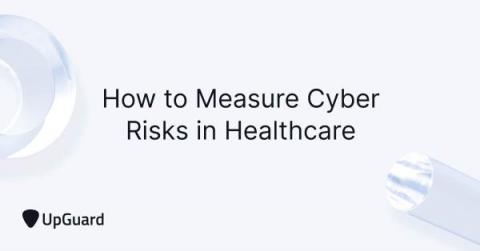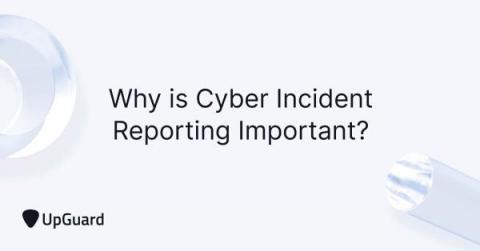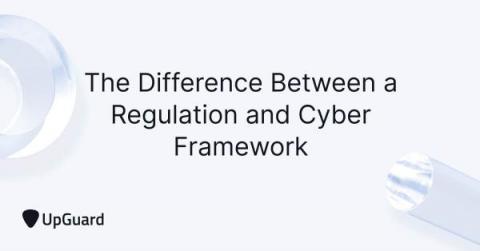A Data Leak Detection Guide for the Tech Industry in 2023
In February 2021, UpGuard researchers discovered that 51% of analyzed Fortune 500 companies were leaking information in the metadata of public documents hosted on their websites. This discovery is a window into a broader overlooked cyber threat category, increasing the risk of data breaches in the tech industry - data leaks. Data leaks (often confused with data breaches) help hackers compress the data breach attack pathway, increasing the speed, severity, and frequency of these events.











